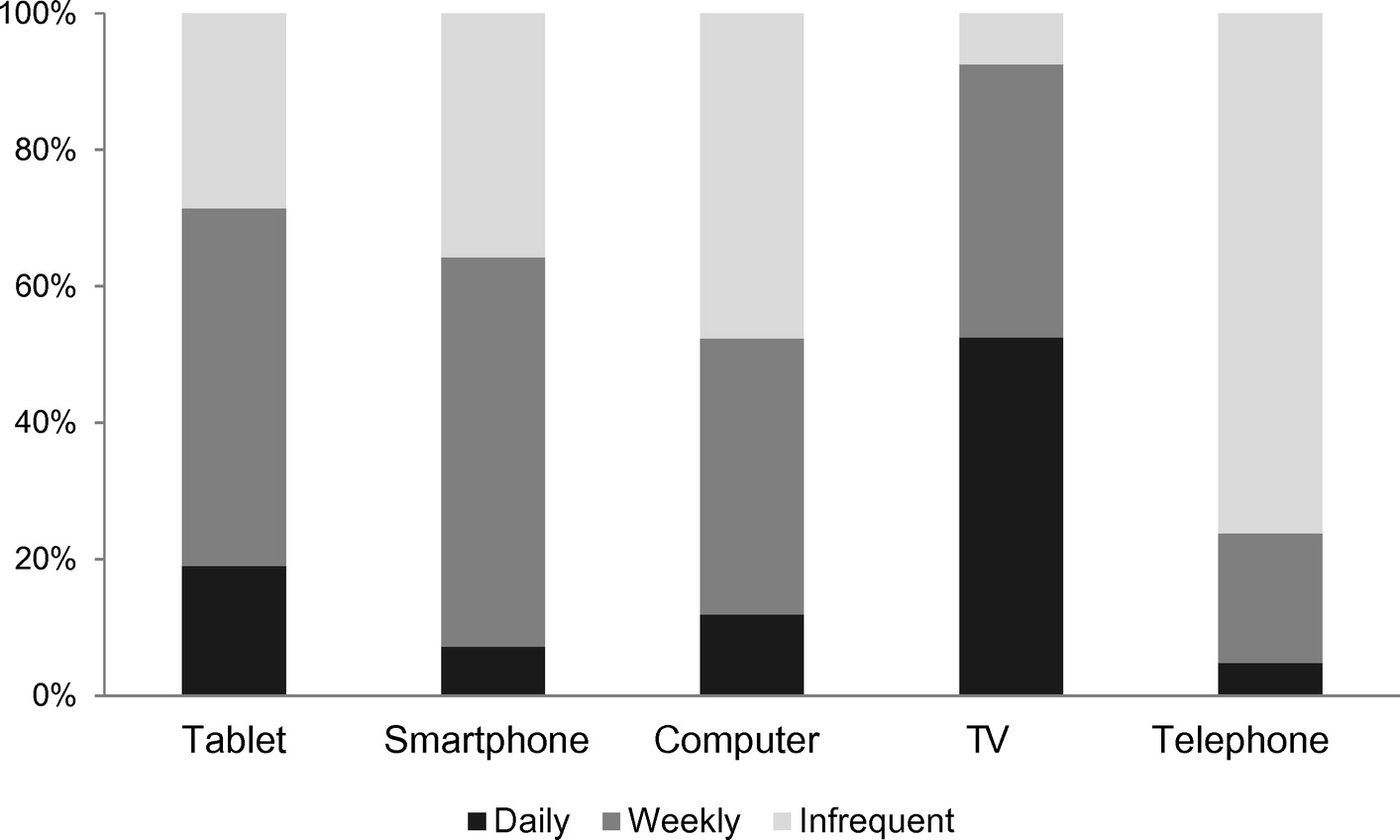A new survey of children aged 4-6 found that many of them do not see tablets as educational, instead seeing them as toys and games to be played with and enjoyed. That may not sound like a problem in the thinking of many designers who choose to couch their educational game as more fun than work, but the researchers note this may make the end product less effective.

UVA Researcher Sierra Eisen
“Parents and educators may believe that children are learning from educational apps, but if children do not think of touchscreens as learning tools, this could impact their transfer of learned concepts to the real world,” the authors, Sierra Eisen Angeline S. Lillard of the University of Virginia, noted. “They may even invest less mental effort into their interactions with touchscreens than with books, as has been theorized about children’s interactions with television.”
Their finds were recently published in the Journal of Children and Media and summarizes a relatively small-sample of 64 kids in Virginia.
The researchers noted that while 80% of children though books were for learning only 50% felt the same way about iPads and only 33% thought that about iPhones.

This represents the Percentages of children reported to be in each category of use for each device based on a survey of the parents.
The researchers theorized some of this may be passed along from parent to child, so the parent hands the kid an iPhone to keep them occupied at a restaurant and that is seen as a toy and less a learning opportunity.
But the work also found that besides television, young kids are using tablets more and more on a daily basis.
Eisen and Lillard have also been conducting a second piece of research, again with a small sample, that explores whether students learn more information from a map or a tactile puzzle. Their research found students retained more from their playing with the puzzle than from an app that teaches the same thing — in this case the state names of Australia.
Still, researchers found evidence that should calm the anxious developers. A week after the experiment, students retained the same amount of information regardless of how they learned and they used the app twice as long as the puzzle — 70 minutes in a week compared to 35 for the puzzle.
For the Virginia-based research team the results raise important questions about how parents use tablets and other devices and the need to mix in-person learning with game-based education.
“We give our children educational games and we think, ‘Oh, it’s educational’ – that’s the part we are focused on. But for the child maybe, it’s more about the game. Almost any app these days is really, really engaging for children,” Eisen told the UVA Today. “What really has to be focused on is, ‘Is it so engaging that children are also not learning?’ Are those two things at odds with each other, or are they actually being used to promote each other?”
